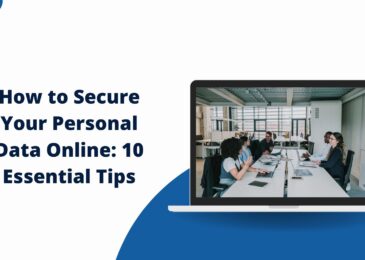It would be fair to say that SEO is at least getting a little more understood, and the days of being met with a blank look upon the mention of these three individual characters are slowly starting to die out. In short, it’s becoming more mainstream – and that’s great for the industry as a whole.
However, to say that there are more than a few misconceptions in relation to search engine optimization would be a gross understatement. This is a field which still prompts myth after myth and as today’s title might have already given away, we are today going to get to the bottom of some of these misconceptions.
“It’s hard to implement unless you have a team of developers”
In short, this myth is completely false. Sure, you need to know what you are doing to implement SEO, but you don’t have to be a web developer by any stretch of the imagination.
For example, this easy website builder from webeden.co.uk allows its users to completely customize their website – all through an online interface. In other words, while once upon a time you might have had to deal with code, nowadays this isn’t a requirement in the slightest.
“You can pay to get to the top of Google”
In some ways, this myth is true. After all, if you were to conduct a Google search you would quickly see that the ads were at the top of the screen.
Of course, we are looking at this purely from an SEO perspective. As such, the notion that you have to pay for organic results is false. Instead, you have to satisfy Google’s advanced algorithm, which has hundreds of different ranking factors.
“Paid search is taking over”
Again, in some ways there is an element of truth in this next myth. After all, if we were to wind back the clock a few years there’s no doubt that organic listings had much more prominence in Google.
While there are now more paid ads on the scene, let’s also not forget that more people are using the internet. Ultimately, your traffic levels should be remaining constant, or increasing, as there are a lot more searches being conducted in comparison to several years ago (even if organic CTRs are a bit lower).
“I’m only interested in one keyword”
This final point isn’t a myth as such, it’s more of a clarification on what people should be thinking about when they approach SEO. A lot of business owners target so-called “vanity” terms. These are the terms which might have quite a broad meaning, and possibly have high search volumes.
Unfortunately, they are also highly competitive. It means that a much better approach is to target “long-tail” keywords, which are longer in nature and are also found to have much more buyer intent. It should also go without saying that they are far less competitive than the big hitting terms we have just mentioned.






